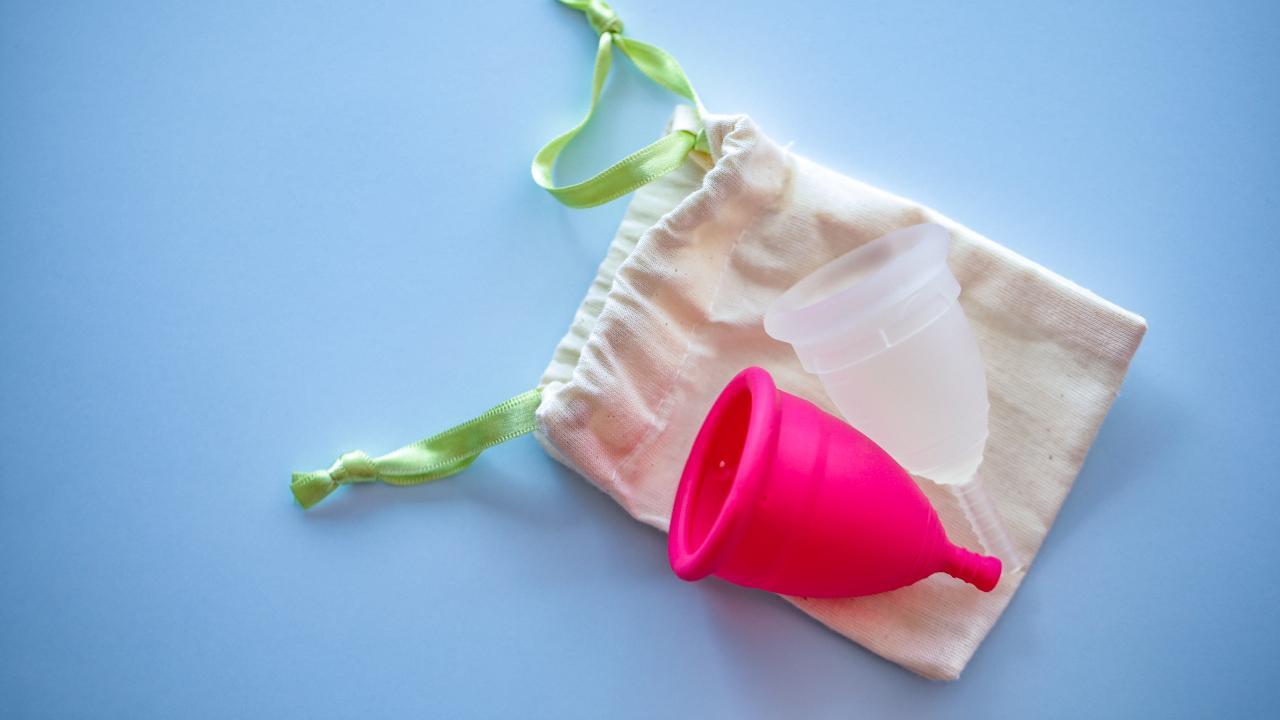Swaminathan said the report estimates that a woman generates around 14.1 kg of non-biodegradable waste in a lifetime if she uses commercially manufactured disposable sanitary pads. On the other hand, if she uses menstrual cups she will generate .06 kg of non-biodegradable waste

Image for representational purpose only. Photo Courtesy: istock
Scientist Soumya Swaminathan released a report on World Environment Day on June 5 about the use of menstrual cups -- a method for managing menstrual hygiene and for reducing the generation of total non-biodegradable waste of disposable sanitary pads by 99 per cent.
ADVERTISEMENT
The report, 'Why India needs to move beyond sanitary pads', has been brought out by Action Research and Training for Health (ARTH) at a webinar titled 'Sustainable Menstrual Hygiene Options'. The event was hosted by ARTH and Population Foundation of India.
Swaminathan said: "The report estimates that a woman generates around 14.1 kg of non-biodegradable waste in a lifetime if she uses commercially manufactured disposable sanitary pads. On the other hand, if she uses menstrual cups she will generate .06 kg of non-biodegradable waste. This reduces the generation of total non-biodegradable waste by 99 per cent and is an example of a win-win intervention that is good for the environment and good for health and hygiene.
"Menstrual cups are practical, hygienic, and cost-effective. More and more women need to know about them and myths around their use need to be busted."
The webinar included voices of young champions who shared their experiences of leading initiatives for menstrual hygiene and cloth pad accessibility in their respective communities.
As many as 77 per cent of girls and women (89 per cent in urban areas and 72 per cent in rural areas) in the 15-24 years age group were using a hygienic method for managing their menstruation, according to NFHS-5 (2019-21).
ARTH has successfully introduced menstrual cups in two districts of Rajasthan as part of a documented study, the findings of which were shared at the webinar.
The study analyses the various methods available for menstrual hygiene management and the urgent need to expand to sustainable and reusable methods which benefit both women and the environment.
Poonam Muttreja, executive director of Population Foundation of India, said the advantages of menstrual cups were that it offered longer duration of menstrual apart from cost-effectiveness.
"However, it is important to undertake communication campaigns with communities that they support the use of menstrual cups. Evidence shows that women who transitioned from locally made cloth pads to cups experienced high levels of satisfaction. Promoting cups as a method of menstrual hygiene management along with other options like pads and tampons will offer choice to women and let them choose a method that they prefer to use."
The ARTH report states that pads are the most used method as these have been widely promoted by the corporate sector and distributed free or subsidised by the government.
It notes that pads consist of 49 per cent polymers and disposal of used pads remains a problem -- only two Indian cities -- Pune and Bengaluru -- separate menstrual waste during routine garbage collection.
The recommended methods for treating and disposing used pads include use of incinerators, deep burial, composting and pit-burning.
However, not doing this can lead to negative health and environmental impacts. The study also observes that tampons -- with 10 per cent non-biodegradable content -- are not reusable.
Making a case for menstrual cups, the report states that cups have been available since 1930s, and are sold under various brand names in the market and on e-commerce sites.
Made of medical grade silicon, the cup does not break down into microplastics.
"It is reusable, and has a far lower environmental impact than sanitary pads," said Sharad Iyengar, CEO of ARTH.
Also Read: World Environment Day 2023: How zoomers unite to clean up Mumbai beaches
This story has been sourced from a third party syndicated feed, agencies. Mid-day accepts no responsibility or liability for its dependability, trustworthiness, reliability and data of the text. Mid-day management/mid-day.com reserves the sole right to alter, delete or remove (without notice) the content in its absolute discretion for any reason whatsoever
 Subscribe today by clicking the link and stay updated with the latest news!" Click here!
Subscribe today by clicking the link and stay updated with the latest news!" Click here!







